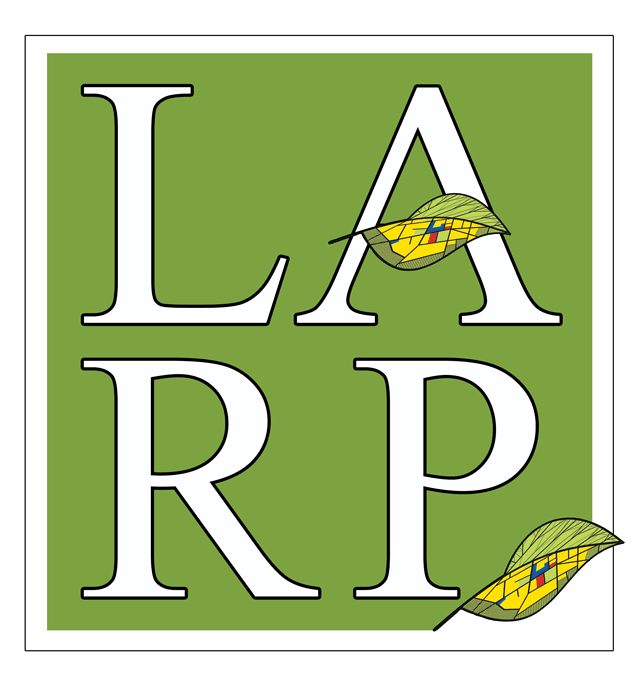
Landscape Architecture & Regional Planning Studio and Student Research and Creative Activity
Publication Date
Spring 2019
Abstract
This design study examines the history and economic context that defines Turners Falls as a de-industrialized mill town. It reviews the social, economic, locational, physical, and historical obstacles the town has faced redeveloping the mill buildings within its Canal District and proposes a landscape-based approach for addressing redevelopment. Landscape redevelopment is offered as an alternative to traditional redevelopment of buildings for non-affluent mill towns, like Turners Falls, because the costs associated with landscape upgrades are much lower and can provide multifunctional and multi-purpose spaces for many types of people. Additionally, it is a pathway for inviting community involvement that allows for different groups to take ownership of various aspects of the programming that happens there. Landscape-based redevelopment does not replace redevelopment of mill buildings, it ought to be conducted in tandem with a variety of redevelopment efforts. The project focuses on a strategic area of the Canal District that proceeding planning studies have identified as good locations for open space and recreational uses. The design proposal integrates passive, active, and commercial recreation, historic and ecological education, cultural spaces for non-profit and community groups, and creative venues for supporting the budding creative economy in town, such as artists, performers, and musicians. It uses the industrial ruins and landscape as opportunities to create a unique place that improves quality of life in Turners Falls, which this study argues is important for improving the real estate market for redeveloping the wider Canal District over time.
Included in
Environmental Design Commons, Landscape Architecture Commons, Urban, Community and Regional Planning Commons
Comments
Committee Members:
Frank Sleegers - Chair, Associate Professor of Landscape Architecture
Michael DiPasquale - Member, Extension Assistant Professor of Regional Planning